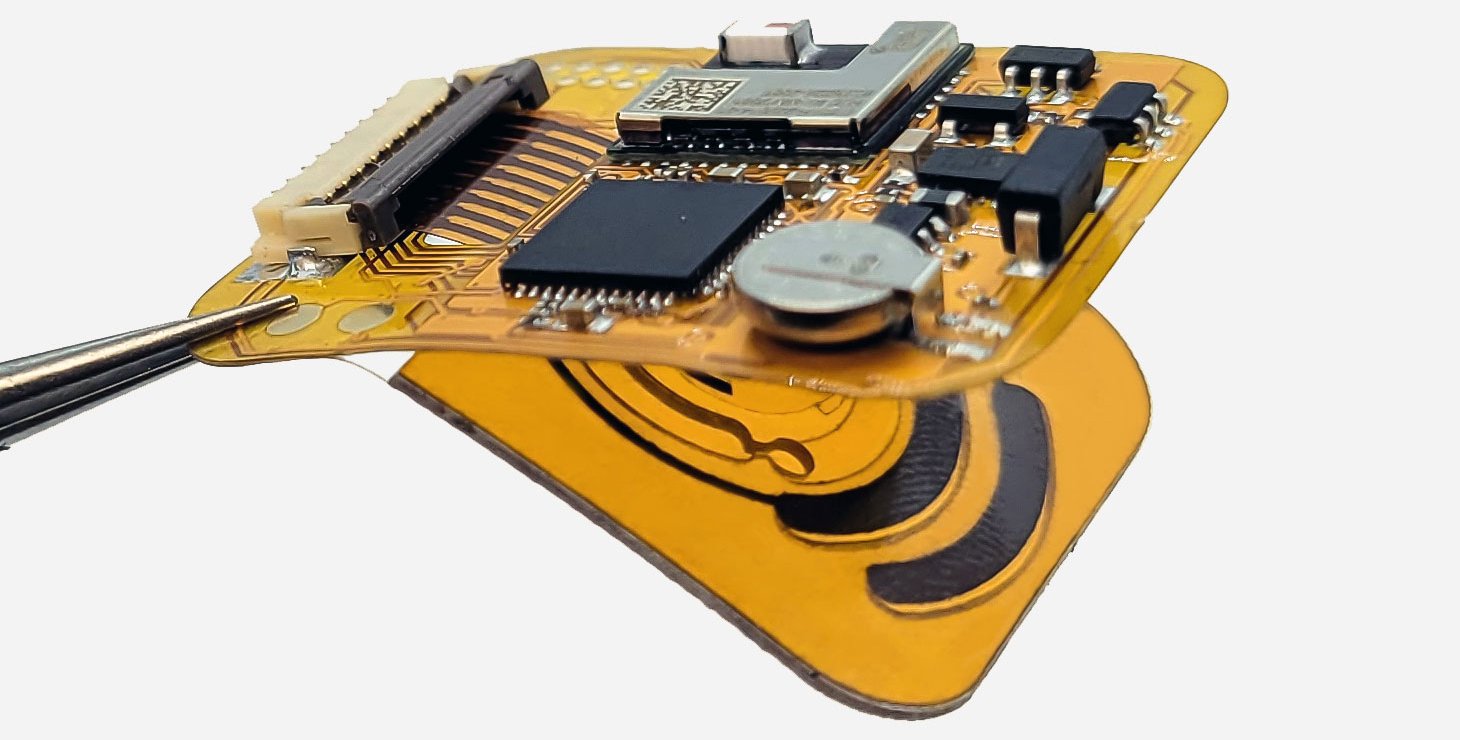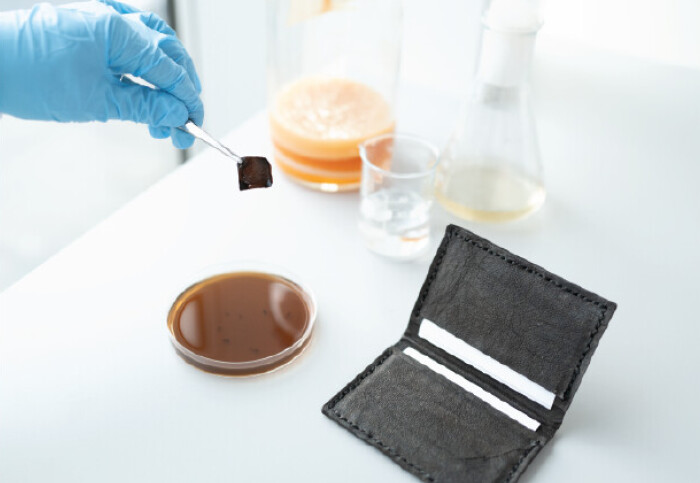Researchers from the California Institute of Technology, Caltech, have developed a wearable skin sensor known as the InflaStat. This sensor is capable of wirelessly and noninvasively detecting the biomarker of inflammation in sweat. It offers a convenient alternative to invasive blood tests for individuals with chronic inflammatory diseases.
This groundbreaking technology will benefit patients as well as medical professionals.
Inflammation is linked to various mental and physical disorders, including three of the leading causes of death globally: ischemic heart disease, stroke, and chronic obstructive pulmonary disease (COPD).
The body’s acute inflammatory response fights infection and aids in healing. However, chronic inflammation can cause irreversible tissue damage. Detecting inflammation quickly and easily is essential for effective treatment. C-reactive protein (CRP) levels in the blood are commonly used as a biomarker of inflammation. However, analyzing blood samples for CRP requires complex lab equipment and trained personnel.
Groundbreaking wearable sensor InflaStat helps in monitoring inflammation by measuring C-reactive protein (CRP) levels in human sweat.
The InflaStat incorporates laser-engraved graphene with microscale pores, resulting in an extensive surface area. These pores contain specific antibodies that can bind with CRP, along with redox molecules that can generate a small electric current in specific conditions. Additionally, the sensor features gold nanoparticles, each equipped with a distinct set of CRP-detecting antibodies, integrated into its structure.
“This is a general platform that lets us monitor extremely low-level molecules in our body fluids,” Gao said. “We hope to expand this platform to monitor other clinically relevant protein and hormone molecules. We also want to see if this can be used for chronic disease management. Inflammation means a risk for many patients. If they could be monitored at home, their risk can be identified, and they can be given timely treatment.”







